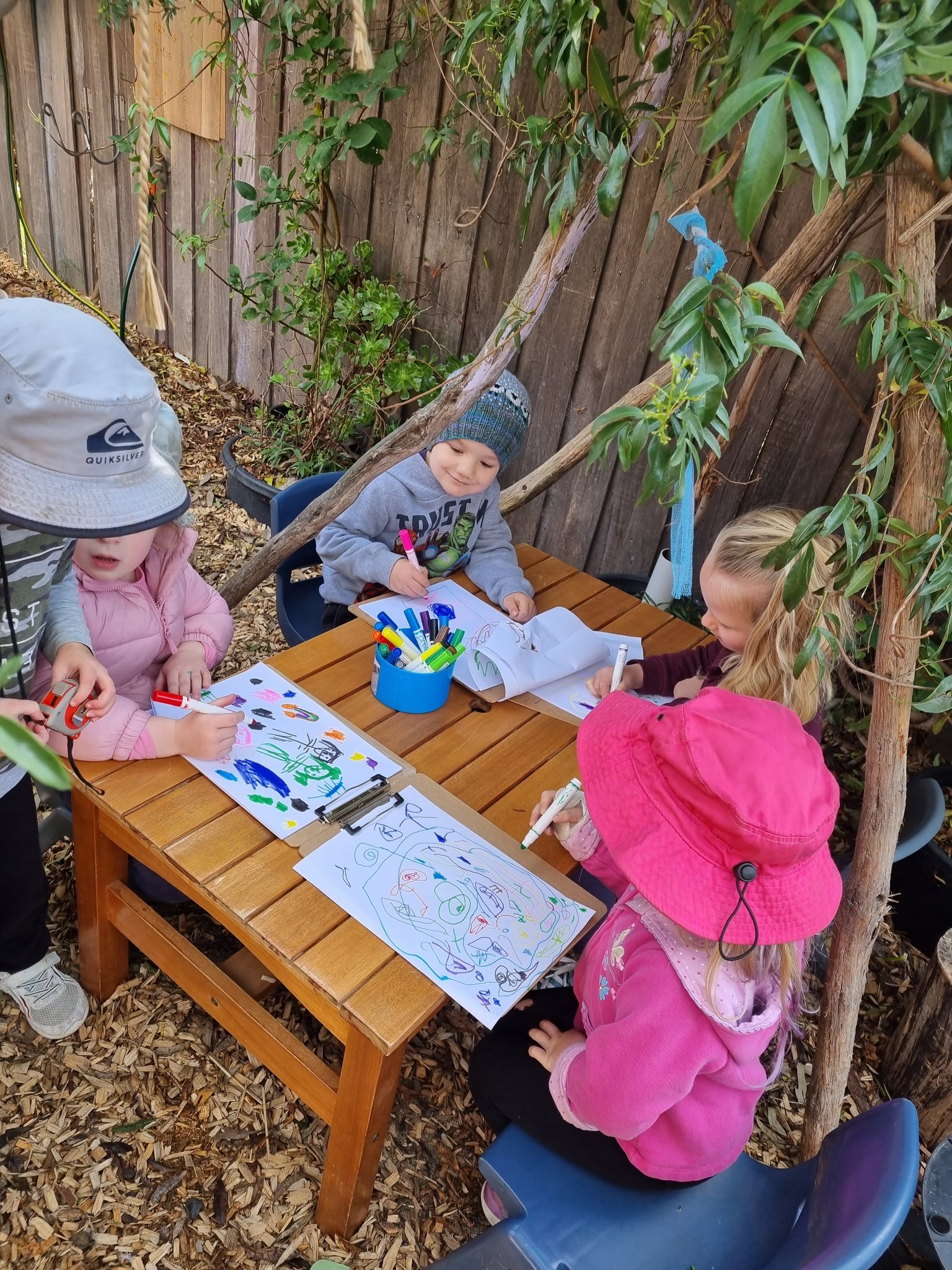
The Yarram Early Learning values of Respect, Kindness, Honesty and Resilience are the building blocks that help shape each child’s sense of self, identity and how they interact with the world. These values are instilled through everyday interactions with educators, learning experiences, and specialised environments that make up the vibrant tapestry that is Yarram Early Learning.
Yarram Early Learning offers a welcoming, inclusive, safe, and nurturing environment where the rights of children are recognised and respected. The philosophy acknowledges the family as the child’s first teacher, and educators work in partnership with parents to ensure that individual family cultures, values, and needs are reflected in the programs.
Educators recognize each child as a unique individual who brings a profile of strengths and abilities to be shared and celebrated across ages and stages of development. They form respectful and positive relationships with children making certain that all feel valued and appreciated for their personal interests and contributions. Sensory rich play-based learning environments are designed to inspire curiosity, open-ended exploration and discovery. They invite engagement which supports each child’s development socially, emotionally, cognitively and physically.
Play is considered central for the overall well-being of each child and learning is presented to encourage imaginative hands-on investigations of a wide range of ideas, interests and topics, with teachers scaffolding children’s learning as their inquiries unfold. Children are encouraged to engage in project-based learning which provides opportunities for independent and collaborative questioning, decision-making, problem-solving and creative thinking.
Across age groups educators design, implement and evaluate innovative and challenging programs that reflect Australian Government frameworks and guidelines, including the Early Years Learning Framework and the Victorian Early Years Learning and Development Framework. Children are supported to learn new knowledge, develop new skills, and achieve individual and group goals.
The programs incorporate the principles of Sustainability Education with children learning in, about and for the environment. Through the ‘Walking Out’ programs, children and educators engage in learning in the local natural world and in the built community. The primary aim is for children to develop a strong sense of belonging and connectedness to the special part of the Victorian landscape in which they live.
